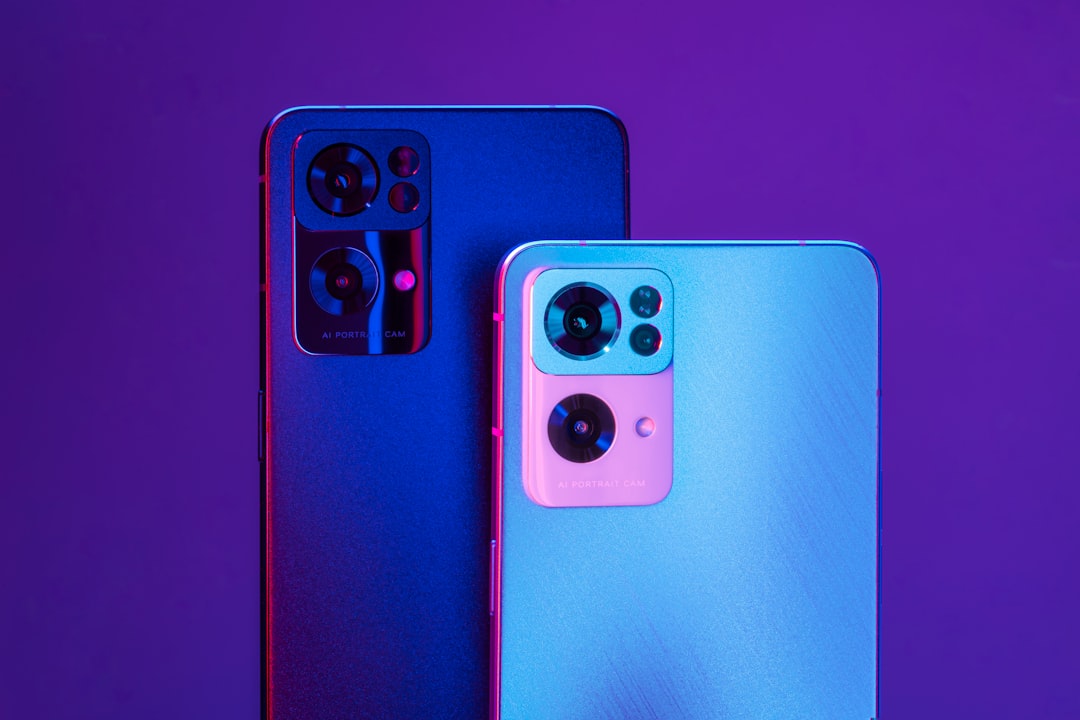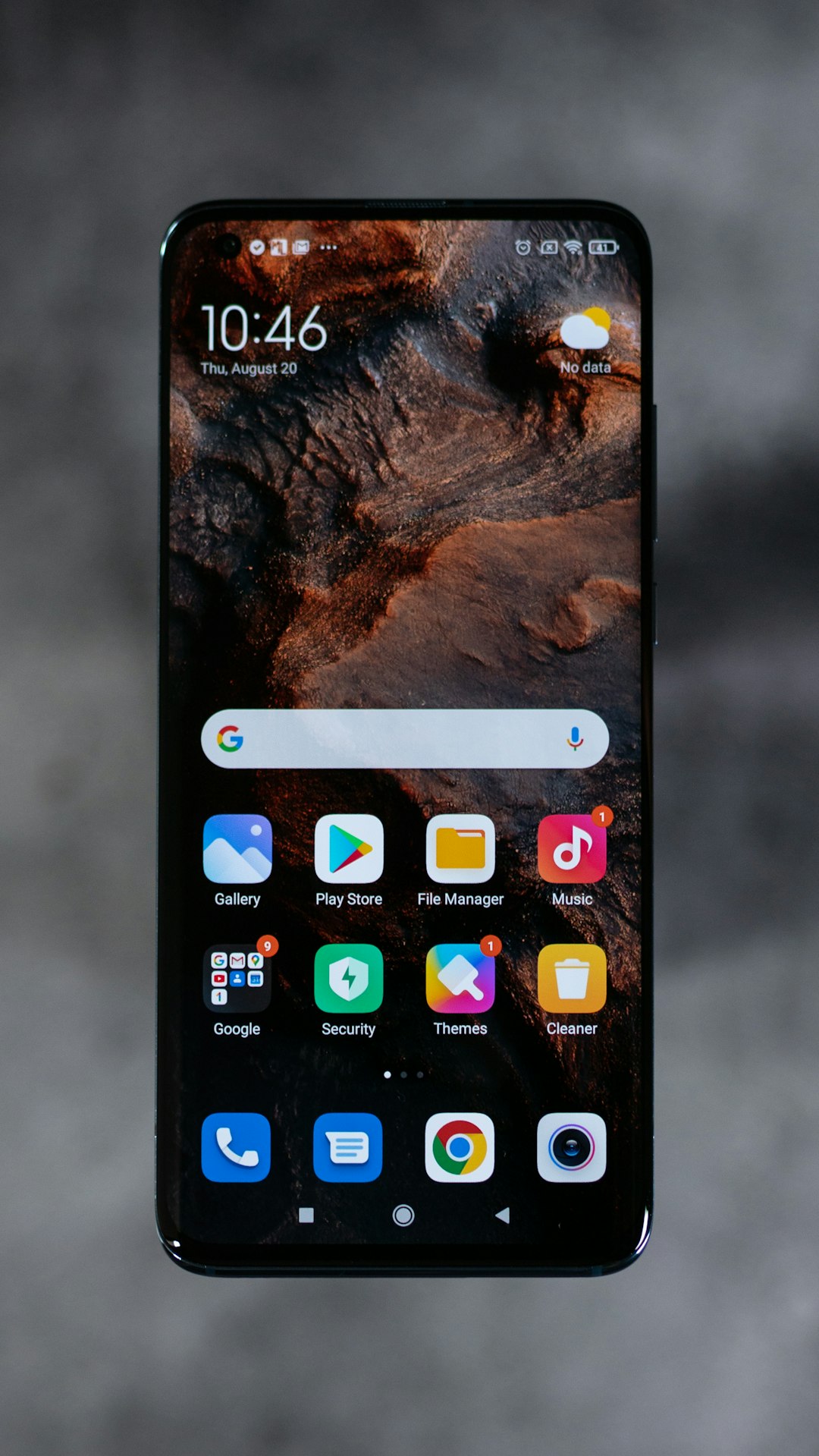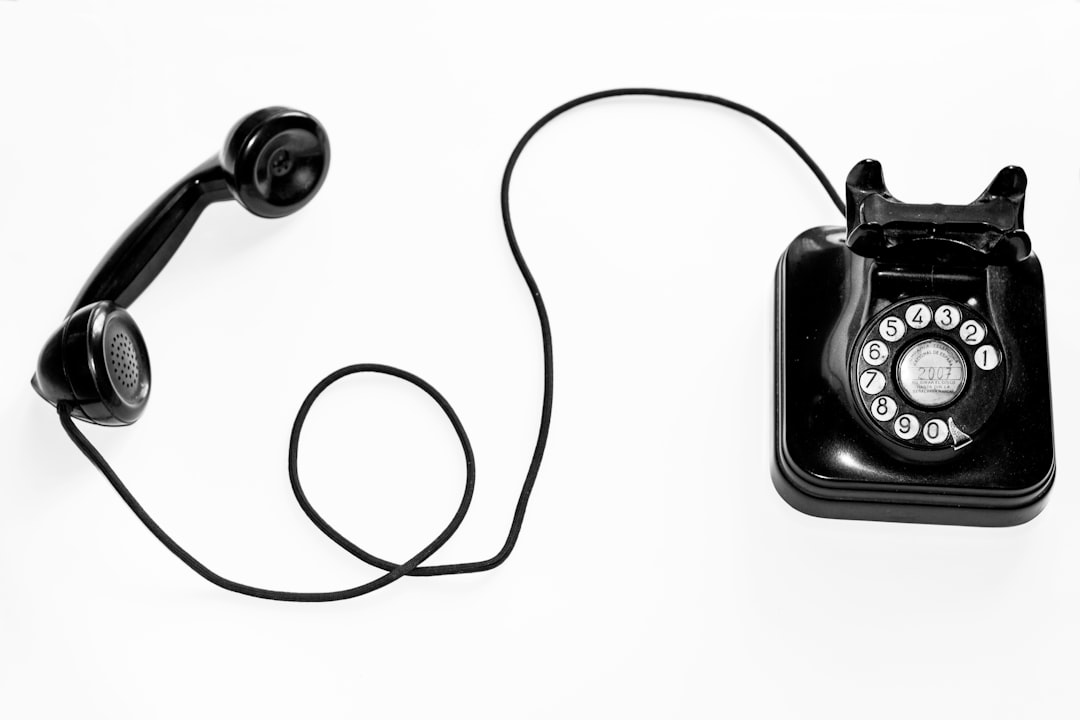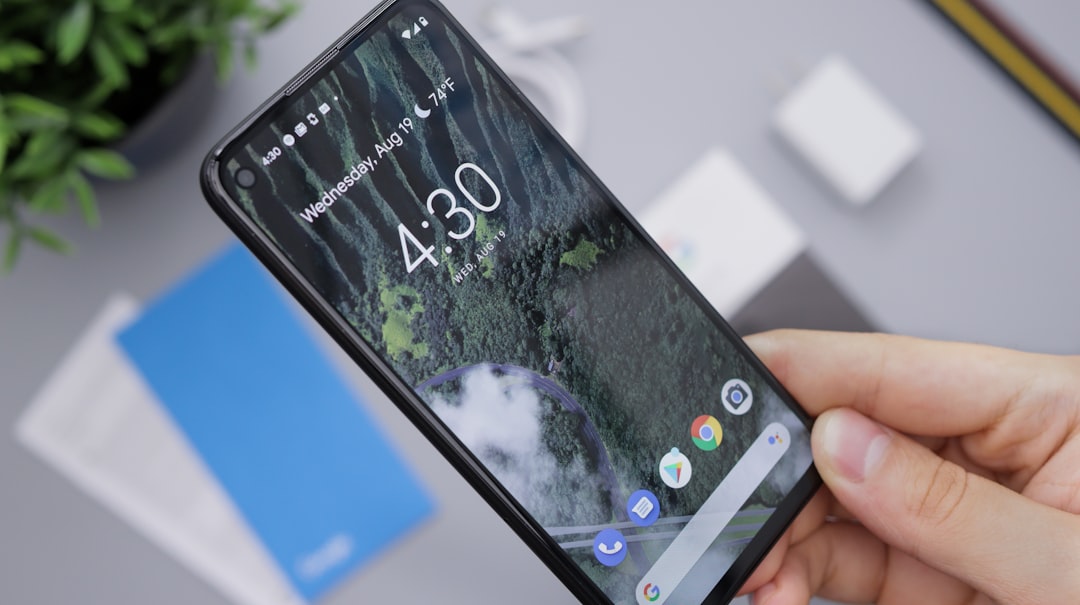Illinois residents are protected from unwanted and harassing phone calls by state laws like the Illinois Communications Act and Consumer Fraud Act. To combat robocalls, consumers can identify callers, register on the Do Not Call List, report incidents, and consult unwanted call attorneys for legal advice. By documenting caller details, filing complaints, and providing evidence, residents can reduce unwanted calls and seek damages. Proactive measures include list registration, number privacy, call-blocking apps, and consulting unwanted call attorneys Illinois for protection.
In Illinois, understanding and reporting unwanted calls is crucial for safeguarding your privacy. With strict laws in place, recognizing and knowing how to handle annoying phone calls is essential. This guide explores your rights and provides a step-by-step reporting process for unwanted calls. We also delve into the role of unwanted call attorneys and offer prevention strategies for future protection. By armed with this knowledge, Illinois residents can effectively manage and mitigate relentless phone calls.
Understanding Unwanted Call Laws in Illinois

In Illinois, the fight against unwanted calls is regulated by state laws designed to protect residents from intrusive and harassing phone communications. These laws empower individuals to take action against persistent or unknown callers by reporting such incidents. Understanding these regulations is crucial for anyone seeking recourse through unwanted call attorneys in Illinois. The Illinois Communications Act prohibits telemarketers and any person from making unsolicited telephone calls using an automatic dialing system or prerecorded message, except under specific circumstances.
Furthermore, the state’s Consumer Fraud Act provides additional safeguards against deceptive or harassing phone practices. Residents can file complaints with the Illinois Attorney General’s office if they believe they’ve been targeted by unwanted calls, and legal action may be taken against violators. This framework ensures that those facing relentless or misleading telemarketing efforts have a legal avenue to seek help from unwanted call attorneys in Illinois.
Your Rights: How to Handle Annoying Calls

In Illinois, unwanted calls, also known as telemarketing or robocalls, are regulated by the Telephone Consumer Protection Act (TCPA). Understanding your rights is crucial when dealing with such intrusive behavior. If you receive persistent or annoying calls, especially from unknown numbers, you have options. The first step is to identify and document the caller; note down the phone number, the time of call, and any specific messages left.
You can then register your number on the Illinois Do Not Call List, which can help block future unwanted calls. Additionally, many states offer legal protections and incentives for consumers to report these incidents. Reporting unwanted calls to relevant authorities or consumer protection agencies may lead to penalties for the offenders and could potentially stop similar instances from occurring in the future. Engaging with unwanted call attorneys in Illinois is another step that can help you understand your rights and seek justice.
Reporting Process: Step-by-Step Guide

In Illinois, reporting unwanted calls is a straightforward process designed to protect residents from persistent or harassing phone calls. Here’s a step-by-step guide for filing a complaint with the help of unwanted call attorneys Illinois.
1. Identify the Caller: Note down the caller’s phone number and any distinctive features of their voice or message. This information is crucial for investigators.
2. Document the Calls: Keep track of the dates, times, and frequency of the unwanted calls. Record any specific messages left by the caller, as these details can help unwanted call attorneys Illinois build a case.
3. Contact the Attorney: Reach out to an attorney specializing in unwanted calls in Illinois. They will guide you through the process and help file a formal complaint with relevant authorities.
4. Provide Evidence: Share all recorded information, including call logs, screenshots of messages, and any other evidence that supports your case.
5. Follow Up: The attorney will take the necessary steps to resolve the issue, which may involve sending cease-and-desist letters or taking legal action against the caller.
The Role of Unwanted Call Attorneys

Unwanted call attorneys in Illinois play a crucial role in navigating the complex legal landscape surrounding nuisance calls and text messages. These specialists are equipped to handle various forms of unsolicited communication, offering their expertise to protect consumers’ rights. They work diligently to ensure that individuals in Illinois can enjoy peace of mind by stopping unwanted calls from persistent telemarketers or debt collectors.
By engaging an unwanted call attorney, residents of the state gain access to legal representation designed specifically to address these issues. These attorneys can guide clients through the process of filing complaints with relevant authorities and seeking damages for emotional distress caused by repeated harassment. Their knowledge of Illinois’ consumer protection laws enables them to provide tailored strategies, ultimately helping to reduce the volume of unwanted calls individuals receive.
Prevention Strategies for Future Protection

To prevent unwanted calls in the future, individuals in Illinois can take several proactive measures. First, registering on the state’s Do Not Call list is a crucial step. This official registry helps block telemarketing calls from known sources. Second, consumers should be cautious about sharing their phone numbers publicly or with unknown entities, as this can make them more vulnerable to such unwanted contact.
Additionally, using call-blocking apps and software can significantly reduce the volume of unsolicited calls received. These tools identify and automatically reject incoming calls from known spammer numbers. Furthermore, consulting with unwanted call attorneys in Illinois can provide legal recourse for individuals who have been repeatedly harassed by phone calls, offering a layer of protection and guidance on how to handle such situations effectively.






